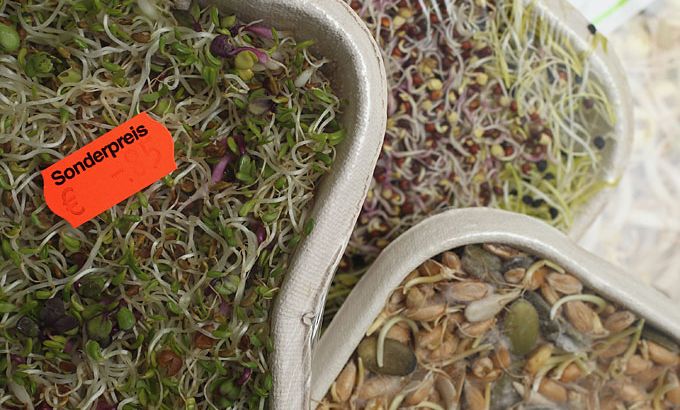
Counting the cost of the E. coli crisis
The bacterial outbreak in Germany has caused damage to the country’s food business, health and politics.
German officials on Friday said they had found the first direct evidence of the deadly E. coli bacteria on vegetable sprouts that is thought to have killed 33 people and left over 3,000 ill.
State officials in North Rhine-Westphalia said they had identified the bacterium on bean sprouts found in the dustbin of a family of three, two of whom fell ill with E. coli-related symptoms last month.
Keep reading
list of 4 items‘Mama we’re dying’: Only able to hear her kids in Gaza in their final days
Europe pledges to boost aid to Sudan on unwelcome war anniversary
Birth, death, escape: Three women’s struggle through Sudan’s war
Although the German government on Friday lifted its earlier warning against eating raw tomatoes, lettuce and cucumbers, European vegetable producers say the “crisis” has dealt a stinging blow to them at the peak of the fresh produce season in Europe.
But why did it take Germany so long to find the source of the outbreak? How much damage has already been done? And what will it take to prevent another outbreak?
Inside Story with presenter Hazem Sika discusses with guests: Hugh Pennington, a bacteriologist; Meghnad Desai, an economist; and Masha Lipman, a political analyst.
This episode of Inside Story aired on Saturday, June 11, 2011.